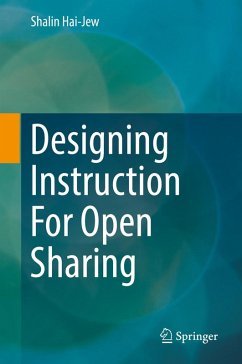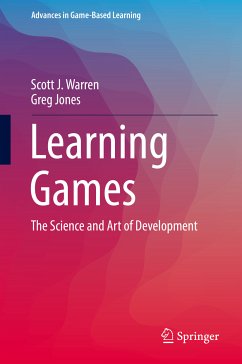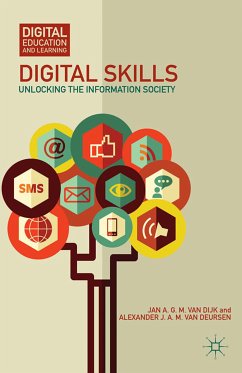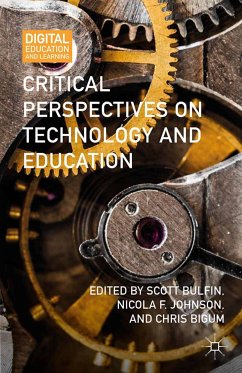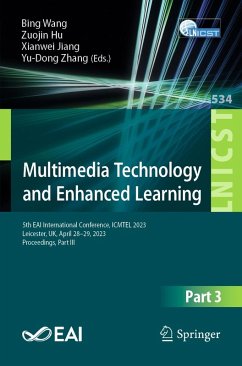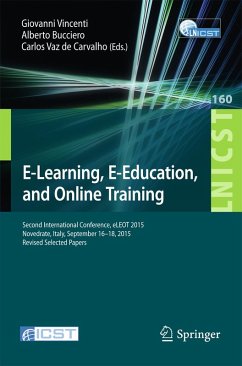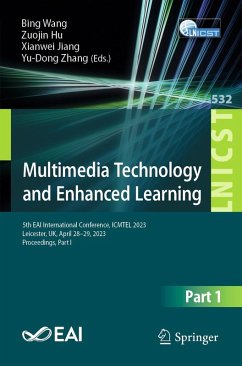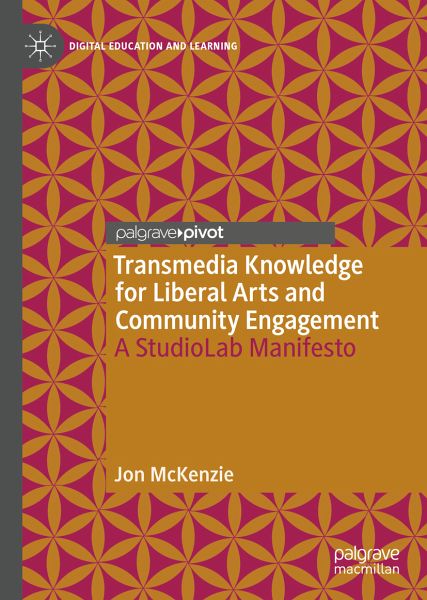
Transmedia Knowledge for Liberal Arts and Community Engagement (eBook, PDF)
A StudioLab Manifesto
Versandkostenfrei!
Sofort per Download lieferbar
48,95 €
inkl. MwSt.
Weitere Ausgaben:

PAYBACK Punkte
24 °P sammeln!
This book sets forth a pedagogy for renewing the liberal arts by combining critical thinking, media activism, and design thinking. Using the StudioLab approach, the author seeks to democratize the social and technical practices of digital culture just as nineteenth century education sought to democratize literacy. This production of transmedia knowledge-from texts and videos to comics and installations-moves students between seminar, studio, lab, and field activities. The book also wrestles with the figure of Plato and the very medium of knowledge to re-envision higher education in contemporar...
This book sets forth a pedagogy for renewing the liberal arts by combining critical thinking, media activism, and design thinking. Using the StudioLab approach, the author seeks to democratize the social and technical practices of digital culture just as nineteenth century education sought to democratize literacy. This production of transmedia knowledge-from texts and videos to comics and installations-moves students between seminar, studio, lab, and field activities. The book also wrestles with the figure of Plato and the very medium of knowledge to re-envision higher education in contemporary societies, issuing a call for community engagement as a form of collective thought-action.
Dieser Download kann aus rechtlichen Gründen nur mit Rechnungsadresse in A, B, BG, CY, CZ, D, DK, EW, E, FIN, F, GR, HR, H, IRL, I, LT, L, LR, M, NL, PL, P, R, S, SLO, SK ausgeliefert werden.



